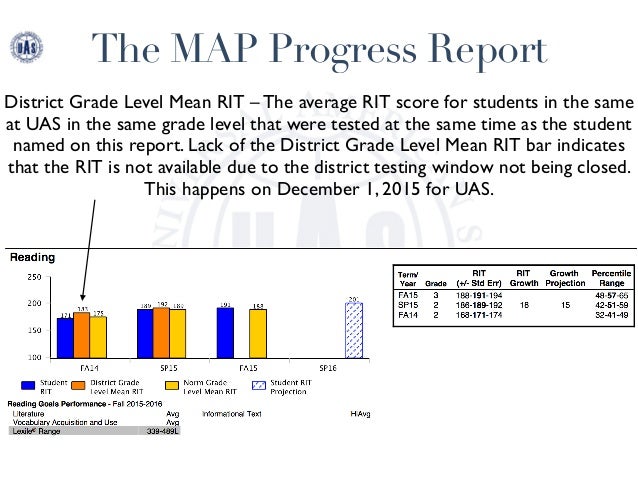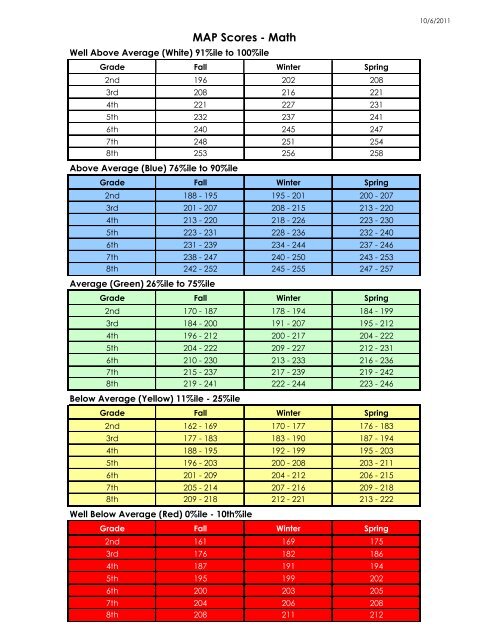Understanding the C-MAP Score: A Comprehensive Guide
Related Articles: Understanding the C-MAP Score: A Comprehensive Guide
Introduction
With enthusiasm, let’s navigate through the intriguing topic related to Understanding the C-MAP Score: A Comprehensive Guide. Let’s weave interesting information and offer fresh perspectives to the readers.
Table of Content
Understanding the C-MAP Score: A Comprehensive Guide

The C-MAP score, or Comprehensive Metabolic Assessment Panel, is a valuable tool in healthcare, providing a comprehensive overview of an individual’s metabolic health. This score is not a single number, but rather a compilation of various laboratory tests that collectively paint a picture of how the body processes and utilizes energy.
The Importance of Metabolic Health:
Metabolic health encompasses the intricate processes by which the body converts food into energy and utilizes it for various bodily functions. It encompasses a range of factors including blood sugar regulation, lipid metabolism, and hormonal balance. When metabolic processes are disrupted, it can lead to a myriad of health problems, including:
- Type 2 diabetes: This condition arises when the body becomes resistant to insulin, a hormone responsible for regulating blood sugar levels.
- Heart disease: Elevated cholesterol and triglycerides, components of blood lipids, can contribute to plaque buildup in arteries, increasing the risk of heart attacks and strokes.
- Non-alcoholic fatty liver disease (NAFLD): This condition occurs when excess fat accumulates in the liver, potentially leading to inflammation and liver damage.
- Obesity: Metabolic dysfunction can contribute to weight gain and difficulty in maintaining a healthy weight.
- Polycystic ovary syndrome (PCOS): This hormonal disorder often involves metabolic imbalances, leading to irregular periods, excess androgen production, and difficulty conceiving.
The Components of a C-MAP Score:
The C-MAP score typically includes a panel of laboratory tests, each offering insights into different aspects of metabolic function:
- Blood Glucose: This test measures the amount of sugar in the blood, providing information about how effectively the body processes carbohydrates.
- Glycated Hemoglobin (HbA1c): This test reflects average blood sugar levels over the past 2-3 months, offering a broader picture of blood sugar control.
- Lipid Profile: This panel includes tests for total cholesterol, HDL cholesterol, LDL cholesterol, and triglycerides, providing insights into lipid metabolism and cardiovascular risk.
- Liver Enzymes: These tests, such as AST and ALT, can indicate liver function and potential damage.
- Hormones: Tests for hormones like insulin, thyroid-stimulating hormone (TSH), and cortisol can reveal imbalances that might impact metabolic processes.
- Other Markers: Depending on the individual’s needs, the C-MAP score may also include tests for uric acid, vitamin D, and other biomarkers relevant to metabolic health.
Benefits of Utilizing a C-MAP Score:
- Early Detection of Metabolic Dysfunction: The comprehensive nature of the C-MAP score allows for the early identification of metabolic imbalances, even before symptoms manifest.
- Personalized Treatment Plans: By understanding an individual’s metabolic profile, healthcare providers can tailor treatment plans to address specific needs and risk factors.
- Prevention of Chronic Diseases: Early identification and management of metabolic dysfunction can help prevent the development of chronic diseases like type 2 diabetes and heart disease.
- Improved Health Outcomes: By addressing metabolic imbalances, individuals can experience improved overall health and well-being.
- Increased Awareness: The C-MAP score can empower individuals to take control of their health by understanding their metabolic risks and adopting appropriate lifestyle changes.
FAQs about the C-MAP Score:
1. Who should consider getting a C-MAP score?
Individuals with a family history of metabolic disorders, those experiencing symptoms like fatigue, weight gain, or frequent urination, and those with risk factors such as obesity, inactivity, or poor diet should consider getting a C-MAP score.
2. How often should I get a C-MAP score?
The frequency of C-MAP score assessments depends on individual risk factors and health status. Individuals with pre-existing metabolic conditions may need more frequent monitoring, while those with lower risk may require testing less often. Consult with a healthcare professional for personalized recommendations.
3. What lifestyle changes can I make based on my C-MAP score?
Depending on the results, lifestyle modifications may include:
- Dietary changes: Reducing processed foods, sugary drinks, and saturated fats, while increasing intake of fruits, vegetables, and whole grains.
- Regular exercise: Aim for at least 150 minutes of moderate-intensity aerobic activity or 75 minutes of vigorous-intensity aerobic activity per week.
- Weight management: Achieving and maintaining a healthy weight can significantly improve metabolic health.
- Stress management: Chronic stress can negatively impact metabolic function. Techniques like yoga, meditation, or deep breathing can be beneficial.
- Adequate sleep: Aim for 7-8 hours of quality sleep per night to support hormonal balance and metabolic function.
4. Can I get a C-MAP score without a doctor’s order?
In most cases, a doctor’s order is required for laboratory tests. Consulting with a healthcare professional is essential for interpreting results and developing appropriate treatment plans.
5. What are the potential risks associated with a C-MAP score?
The risks associated with a C-MAP score are minimal, as it involves standard blood tests. However, individuals with specific medical conditions or allergies should inform their healthcare provider prior to the test.
Tips for Improving Metabolic Health:
- Eat a balanced diet: Focus on whole, unprocessed foods, prioritize fruits, vegetables, and lean protein sources.
- Stay active: Engage in regular physical activity, incorporating both aerobic and strength-training exercises.
- Manage stress: Practice stress-reducing techniques like yoga, meditation, or spending time in nature.
- Get enough sleep: Aim for 7-8 hours of quality sleep per night to support hormonal balance and metabolic function.
- Limit alcohol consumption: Excessive alcohol intake can negatively impact metabolic health.
- Maintain a healthy weight: Aim for a body mass index (BMI) within a healthy range.
Conclusion:
The C-MAP score serves as a valuable tool for assessing metabolic health and identifying potential risks for developing chronic diseases. By understanding individual metabolic profiles, healthcare providers can develop personalized treatment plans and empower individuals to make informed decisions about their health. Early detection, personalized interventions, and lifestyle modifications can significantly improve metabolic health, leading to a higher quality of life and a reduced risk of chronic diseases.




![What Is The Highest Map Score - [Guide]](https://personalityanalysistest.com/wp-content/uploads/2022/01/what-is-the-highest-map-score.jpg)



Closure
Thus, we hope this article has provided valuable insights into Understanding the C-MAP Score: A Comprehensive Guide. We appreciate your attention to our article. See you in our next article!
